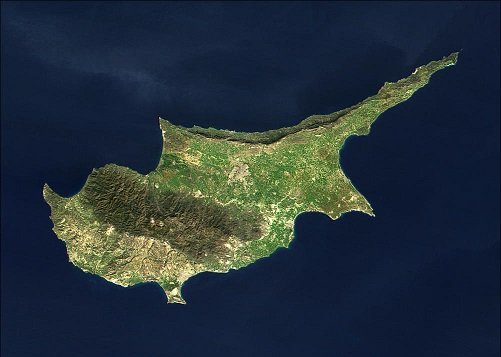Critical Juncture in Cyprus Negotiations Evaluation Note / Nilgün Arısan & Atila Eralp

This paper prepared for the Istituto Affari Internazionali (IAI), May 2016.
Abstract
The negotiations in Cyprus are at yet another critical juncture. Time is running short for a comprehensive settlement on the island. The present conducive environment is not likely to last indefinitely, as has been observed in previous rounds of negotiations. In fact, the Cyprus negotiations reflect some clear missed opportunities. Much valuable time has been spent on this process, and it should be apparent to all that drawing out the negotiations benefits no one. All actors involved should at this point be seeking a rapid conclusion of the talks.
Introduction
The negotiations in Cyprus are at yet another critical juncture. Time is running short for a comprehensive settlement on the island. The present conducive environment is not likely to last indefinitely, as has been observed in previous rounds of negotiations. In fact, the Cyprus negotiations reflect some clear missed opportunities. Much valuable time has been spent on this process, and it should be apparent to all that drawing out the negotiations benefits no one. All actors involved should at this point be seeking a rapid conclusion of the talks.
In Cyprus, the various political actors have used timing as a tactic in negotiations. When the Turkish Cypriots finally came to appreciate the time factor in 2003- 2004, the Greek Cypriots thought that time was on their side and played on this. They believed that they had the best alternative to a negotiated settlement: they would become members of the EU without the resolution of the Cyprus dispute. This attitude of the Greek Cypriot leadership continued during the negotiations between Demetris Christofias, Greek Cypriot leader and Mehmet Ali Talat, Turkish Cypriot leader in 2008-2010, when they refused to set clear timetables as discussion proceeded to more difficult issues related to property, territory and security. It became evident that there was a marked divergence in the timetables of the actors in carrying out the negotiations.
The present negotiations on the island between the two leaders, Mustafa Akıncı, Turkish Cypriot leader and Nicos Anastasiades, Greek Cypriot leader started last May in a positive and optimistic mood. There was even an implicit although slightly ambitious timetable to complete negotiations in March and have referenda on both sides of the island in April 2016 before the elections in the South on 22 May. The reports from the island indicate that there has been substantial progress in the negotiations regarding governance, economy and issues related to the EU framework, but the parties were unable to meet the time challenge as the pressure of the elections in the South started to change the conducive environment. As important issues on property, territory and security gained the upper hand on the agenda and as the South got into the election cycle, it became difficult to maintain the momentum in the negotiations. Consequently, we are at a critical juncture. Usually, the negotiations on the island start in an optimistic mood, then face several hurdles and progress begins to slow significantly. Will the present situation become a repeat of history, or is there the possibility of change and a “breakthrough” at last? The answer will be clearer after the elections in the South, but there are some factors which point to the possibility of a “breakthrough” in the negotiations and inject hope that the present hurdles can be overcome.
You may read full paper from here.
- Critical Juncture in Cyprus Negotiations














